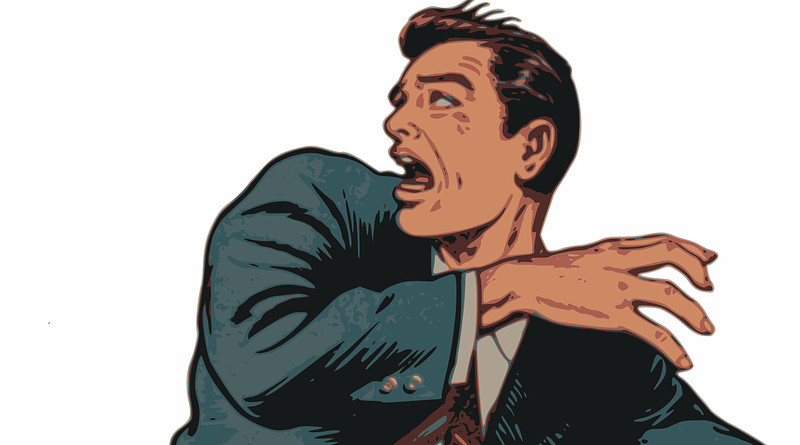End The War On Terror And Save Billions – OpEd
By Paul Woodward - War in Context
Fareed Zacharia writes: As we debate whether the two parties can ever come together and get things done, here’s something President Obama could probably do by himself that would be a signal accomplishment of his presidency: End the war on terror. Or, more realistically, start planning and preparing the country for phasing it out.
For 11 years, the United States has been operating under emergency wartime powers granted under the 2001 “Authorization for Use of Military Force.” That is a longer period than the country spent fighting the Civil War, World War I and World War II combined. It grants the president and the federal government extraordinary authorities at home and abroad, effectively suspends civil liberties for anyone the government deems an enemy and keeps us on a permanent war footing in all kinds of ways.
Now, for the first time since Sept. 11, 2001, an administration official has sketched a possible endpoint.
In a thoughtful speech at the Oxford Union last week, Jeh Johnson, the outgoing general counsel for the Pentagon, recognized that “we cannot and should not expect al-Qaeda and its associated forces to all surrender, all lay down their weapons in an open field, or to sign a peace treaty with us. They are terrorist organizations. Nor can we capture or kill every last terrorist who claims an affiliation with al-Qaeda.”
But, he argued, “There will come a tipping point . . . at which so many of the leaders and operatives of al-Qaeda and its affiliates have been killed or captured, and the group is no longer able to attempt or launch a strategic attack against the United States, such that al-Qaeda as we know it, the organization that our Congress authorized the military to pursue in 2001, has been effectively destroyed.” At that point, “our efforts should no longer be considered an armed conflict.”
Phasing out or modifying these emergency powers should be something that would appeal to both left and right. James Madison, father of the Constitution, was clear on the topic. “Of all the enemies to public liberty,” he wrote, “war is, perhaps, the most to be dreaded, because it comprises and develops the germ of every other. War is the parent of armies; from these proceed debts and taxes. . . . No nation could preserve its freedom in the midst of continual warfare.”
If you want to know why we’re in such a deep budgetary hole, one large piece of it is that we have spent around $2 trillion on foreign wars in the past decade. [Continue reading…]
And ending the war on terror wouldn’t just save money — it would allow for the possibility that America as a nation might be able to climb out of one of the most destructive expressions of collective insanity into which any nation has ever fallen.
Politics might dictate that this war can only be ended through some kind of declaration of victory, but an honest reckoning will eventually require acknowledging that this was the greatest blunder in America’s history. A trap was laid, and like a brainless giant, the United States stepped right into it.
Who could imagine that by making the meager investment of a few flying lessons and some box cutters, a small band of fanatics could persuade a country that prides itself as “the greatest nation on earth” to near bankrupt itself, act with such stupidity and inflict such enormous harm?

